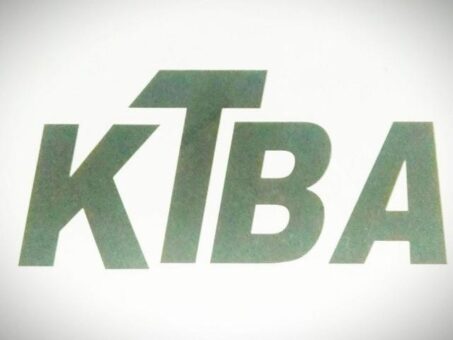Karachi, June 15, 2024 – A seminar hosted by the Karachi Tax Bar Association (KTBA) on Saturday saw prominent tax specialists and a representative from the Federal Board of Revenue (FBR) dissect the recently unveiled budget for the 2024-25 fiscal year.
The prevailing sentiment among the speakers was one of disapproval, with the budget being labeled excessively harsh.
For years, successive governments have grappled with the challenge of formalizing the national economy, with limited success. The 2024-25 budget, according to the speakers, perpetuates this pattern by prioritizing revenue generation over broadening the tax base. Historically, they argued, high tax rates have stifled economic growth.
Abdul Qadir Memon, Chairman of the PTBA Academy of Taxation, led the charge in criticizing the budget. He stressed the importance of prioritizing growth over mere revenue collection. “The measures outlined in the budget are overly harsh and will likely create resentment among taxpayers,” Memon cautioned. He predicted significant difficulty in achieving the FBR’s ambitious revenue target, potentially necessitating a supplementary budget in the coming year to plug the gap.
Memon pointed out the apparent contradiction between the government’s acknowledgement of robust growth in agriculture and a shrinking current account deficit, and the presentation of a stringent budget under such seemingly favorable conditions. He further expressed concern regarding the expanded powers granted to the FBR, fearing it could lead to increased taxpayer harassment.
Anwar Kashif Mumtaz, President of PTBA, echoed the criticism, particularly disapproving of the newly introduced category of “late filers.” “Internationally, there are simply taxpayers,” Mumtaz remarked. “In Pakistan, we now have a complex system with filers, non-filers, and late filers.” He emphasized the stagnation of Pakistan’s tax system over the past two decades, highlighting recurring issues like tax rates, tax base expansion, and the tax-to-GDP ratio.
Mumtaz called for well-defined and effective policy measures, citing the recent MoU between the FBR and Nadra for tax base broadening as an example of poorly planned initiatives lacking proper groundwork.
Offering a contrasting perspective, Sajidulla Siddiqui, Chief Commissioner Inland Revenue of the Large Taxpayers Office (LTO) Karachi, defended the budgetary measures. He clarified misconceptions regarding the scale of new tax impositions, stating, “The government is not introducing Rs 4 trillion in new taxes for the next year; it’s Rs 2 trillion. The remaining revenue will stem from enforcement measures.”
Siddiqui acknowledged underlying problems within the tax culture, pointing out that 80% of the supply chain remains outside the tax net, placing an undue burden on compliant taxpayers. He also addressed concerns regarding travel restrictions, clarifying that only individuals categorized as non-compliant in the Income Tax General Order would face such limitations.
The KTBA seminar served as a platform for in-depth discussion on the budget, commencing with a welcome address by Syed Zafar Ahmad, who outlined key points for deliberation. The session provided a thorough examination of the budget’s implications, fostering a constructive dialogue between tax professionals and government representatives.
Despite differing viewpoints, the seminar underscored the critical need for a balanced approach that fosters economic growth while ensuring equitable tax collection. The KTBA emphasized the importance of constructive feedback from such seminars in refining fiscal policies and achieving the ultimate objective of economic documentation.
